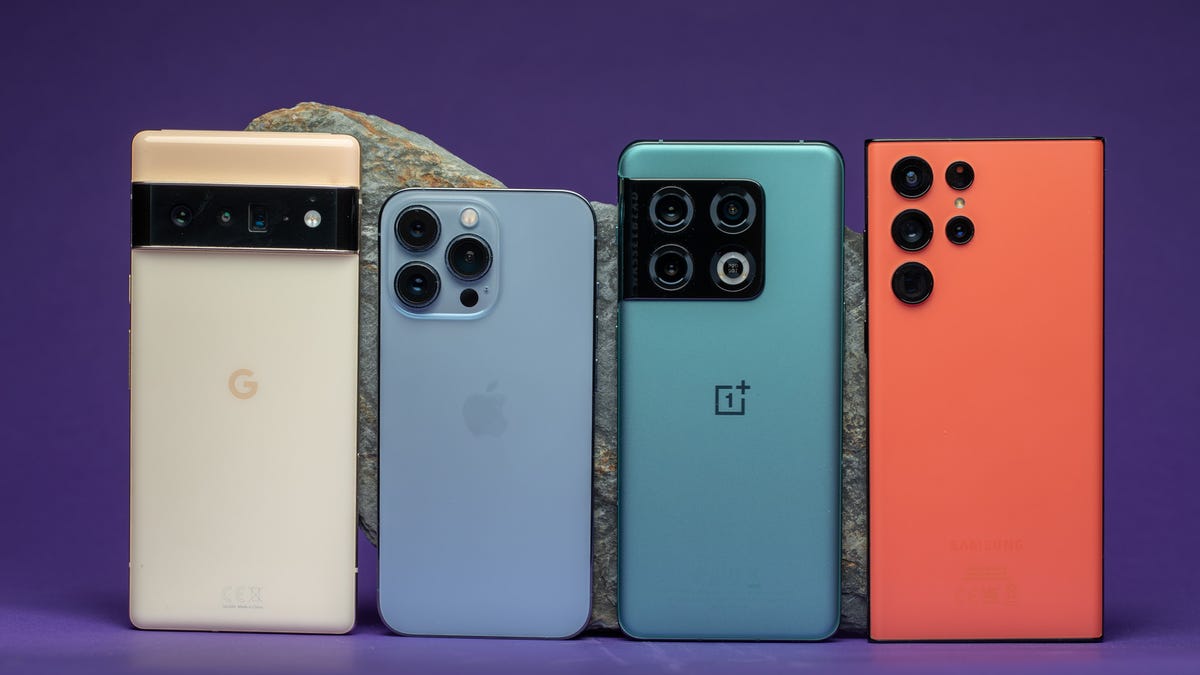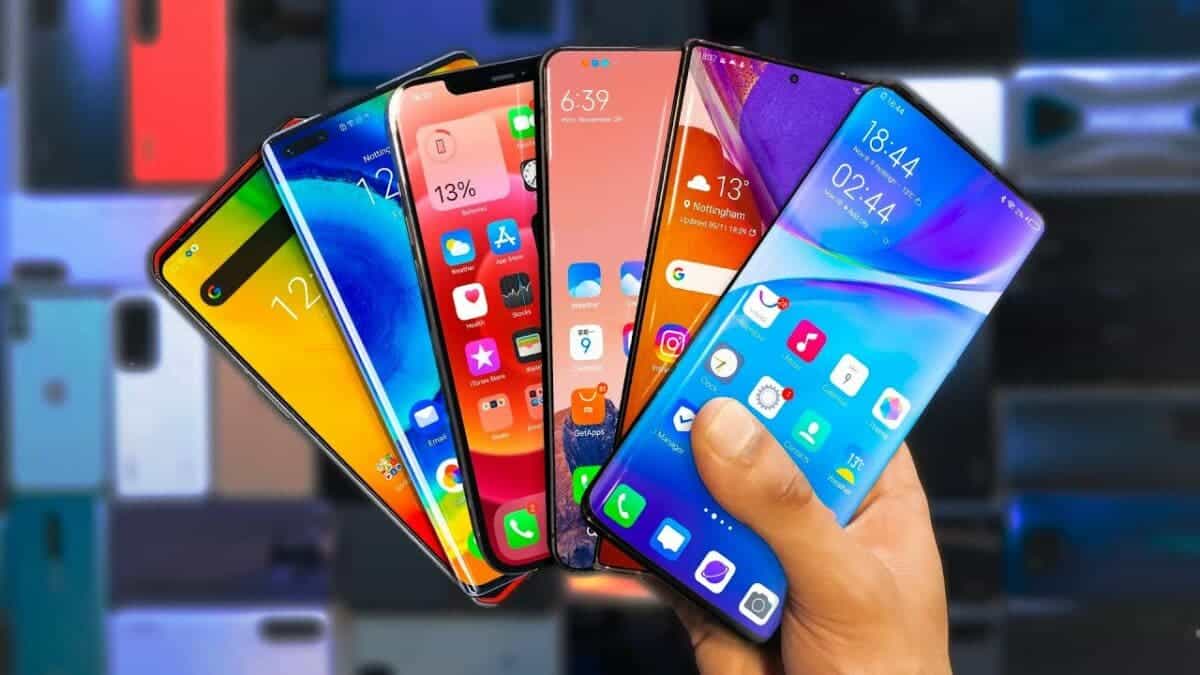It was around 9 p.m., a few weeks into the six-month study, when the question popped up on Ms. Cruz’s phone: “Right now how strong is your desire to kill yourself?”
Without stopping to think, she dragged her finger all the way to the end of the bar: 10. A few seconds later, she was asked to choose between two statements: “I am definitely not going to kill myself today” and “I am definitely going kill myself today.” She scrolled to the second.
Fifteen minutes later, her phone rang. It was a member of the research team calling her. The woman called 911 and kept Ms. Cruz on the line until the police knocked on her door, and she passed out. Later, when she regained consciousness, a medical team was giving her a sternum rub, a painful procedure used to revive people after overdoses.
Ms. Cruz has a pale, seraphic face and a fringe of dark curls. She had been studying for a nursing degree when a cascade of mental health crises sent her life swerving in a different direction. She maintains an A-student’s nerdy interest in science, joking that the rib cage on her T-shirt is “totally anatomically correct.”
Right away, she had been intrigued by the trial, and she responded dutifully six times a day, when the apps on her phone surveyed her about her suicidal thoughts. The pings were intrusive, but also comforting. “It felt like I wasn’t being ignored,” she said. “To have somebody know how I feel, that takes some of the weight off.”
On the night of her attempt, she was alone in a hotel room in Concord. She didn’t have enough money for another night there, and her possessions were mounded in trash bags on the floor. She was tired, she said, “of feeling like I had nobody and nothing.” Looking back, Ms. Cruz said she thought the technology — its anonymity and lack of judgment — made it easier to ask for help.
“I think it’s almost easier to tell the truth to a computer,” she said.
But many in the field are wary of the idea that technology can ever substitute for a clinician’s care. One reason is that patients in a crisis become skilled at deception, said Justin Melnick, 24, a doctoral student who survived a suicide attempt in 2019 and is now an advocate for people with mental illness.

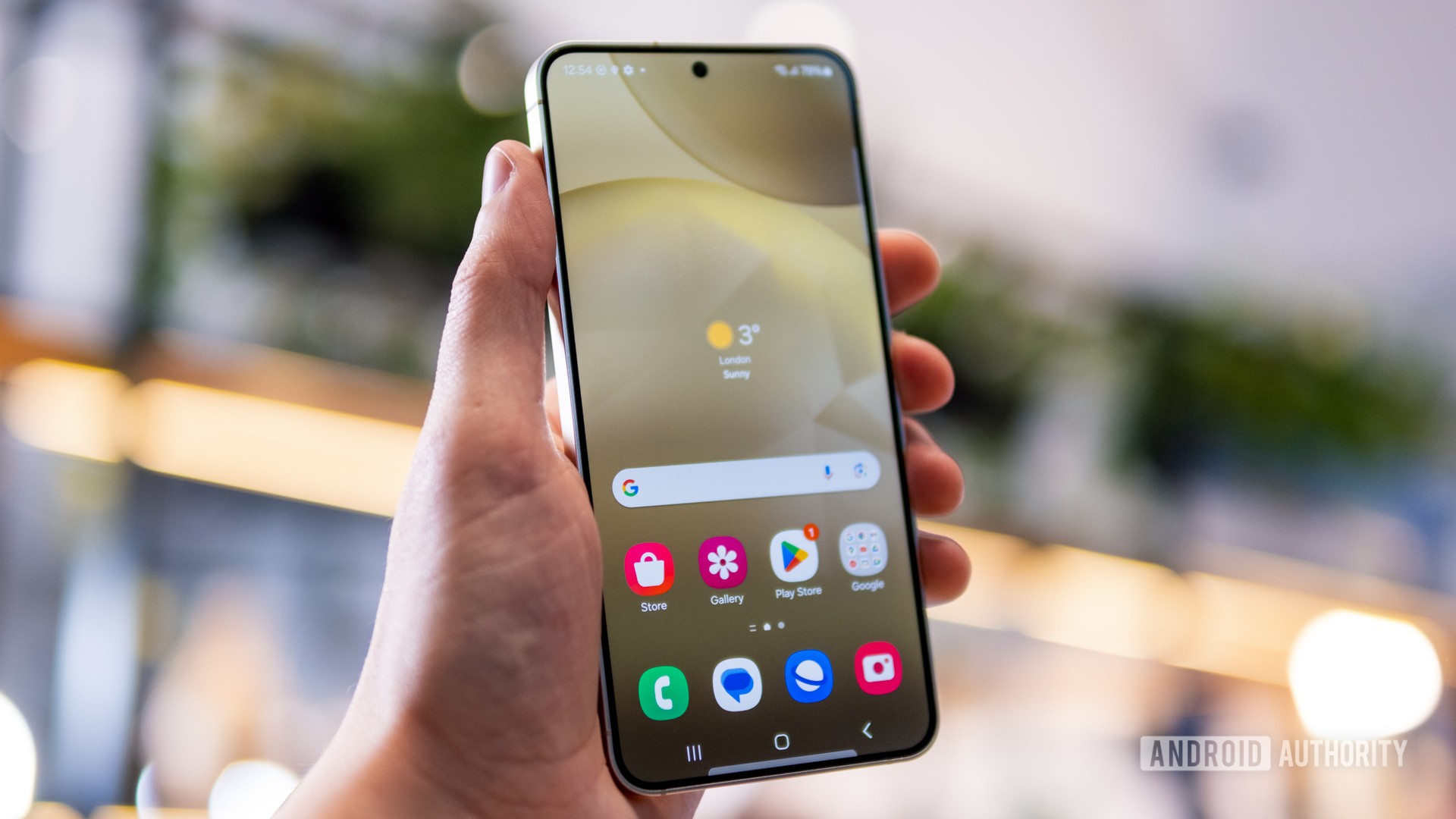

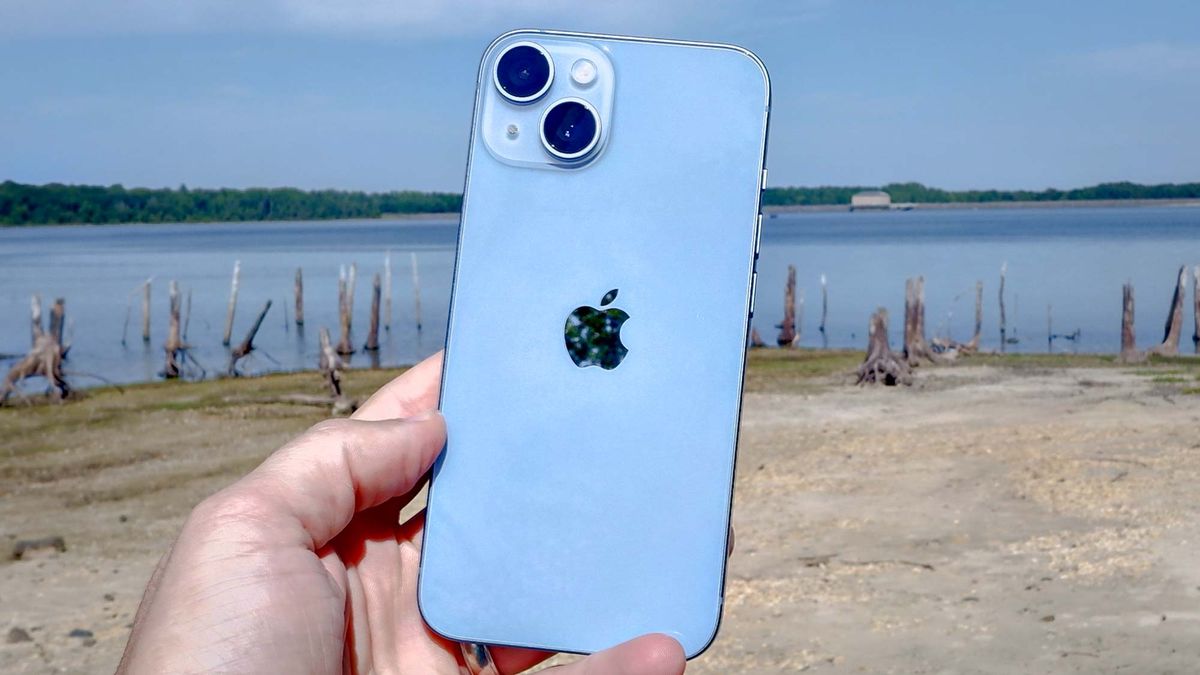

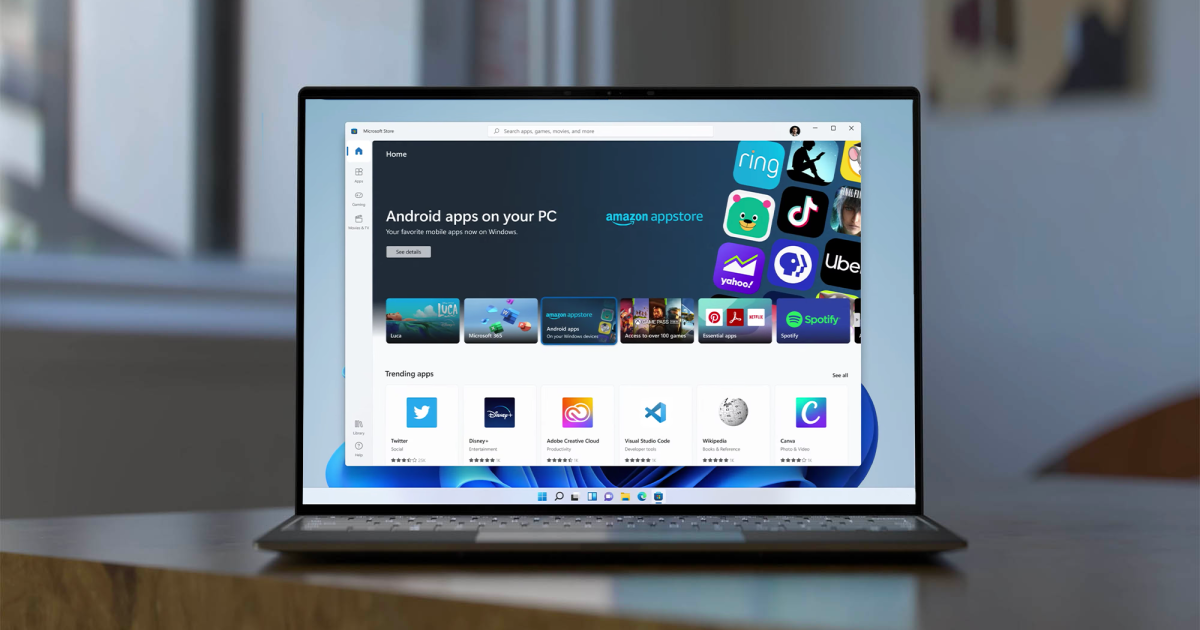

/cdn.vox-cdn.com/uploads/chorus_asset/file/24041962/226301_Best_Phone_Lede_Update_WJoel_001.jpg)
